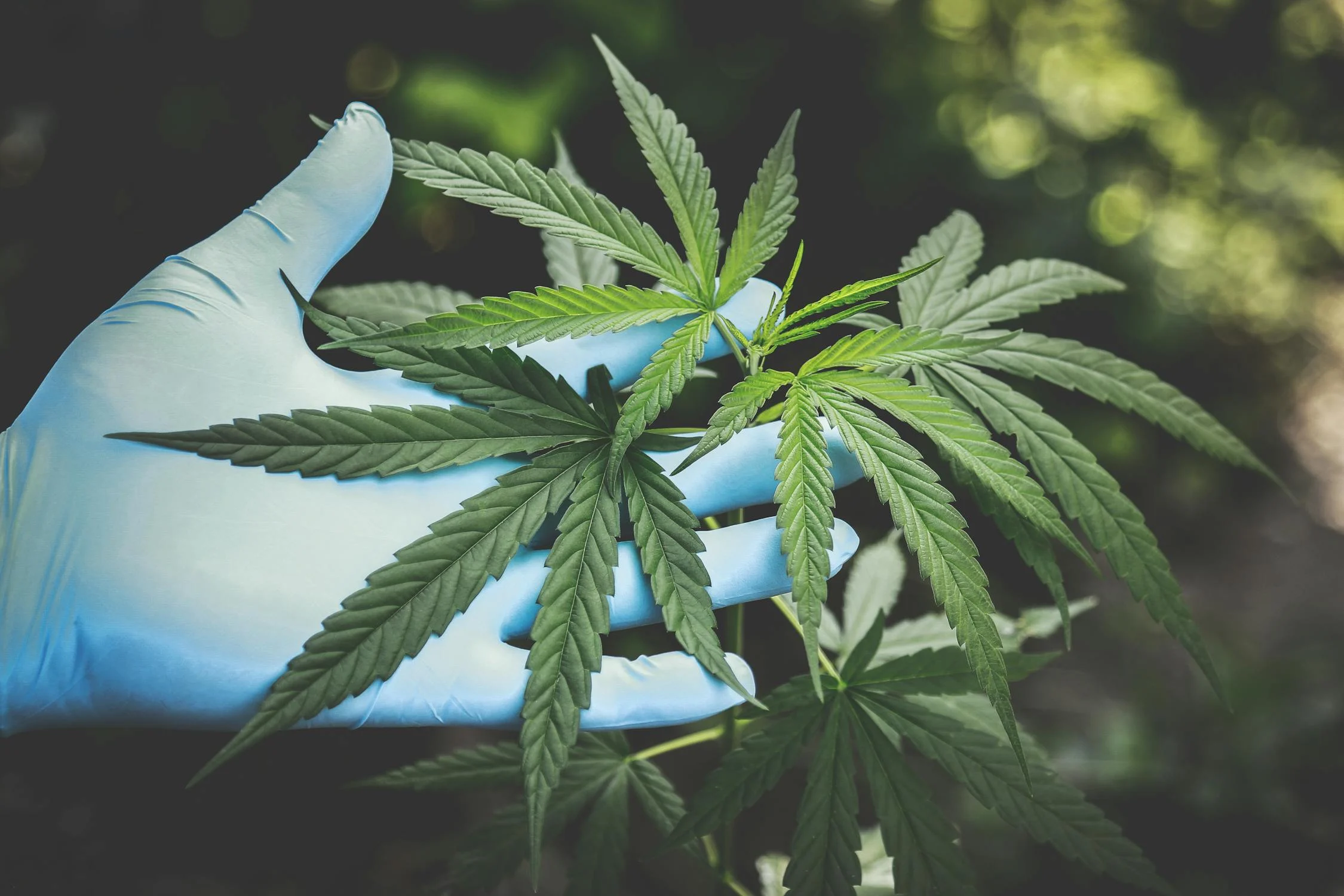In recent times, the lawn of the marijuana market has undergone a massive change, with one product in particular standing out. These smooth, concealed apparatuses have quickly become popular, capturing both old and new souls. The popularity of
THC Pen raises pertinent issues about what makes them so widespread among users than other products in the industry. This text tackles this phenomenon by looking at what is drawing many people to these products, how practical they are, and what kind of customers prefer buying THC pens over all other types in today’s day cannabis market.
Factors Contributing To The Success Of THC Pens
The rise of THC pens: a phenomenon explained
THC pens have become extremely popular due to their ease of use, portability, and discreteness. Unlike traditional methods of smoking cannabis, pens provide a more portable and odorless way to consume the drug, which can appeal to a broader audience than seasoned users. This rise has been blamed on changing societal attitudes towards marijuana as well as its legalization in various regions, thus making it commonplace among many individuals.
Moreover, their sleek designs and user-friendly traits have made them accessible even to novices who may fear other ways of administration. Consequently, this has made them dominate the cannabis market, thereby showing a paradigm shift in how cannabis products are consumed and perceived.
(more…)























